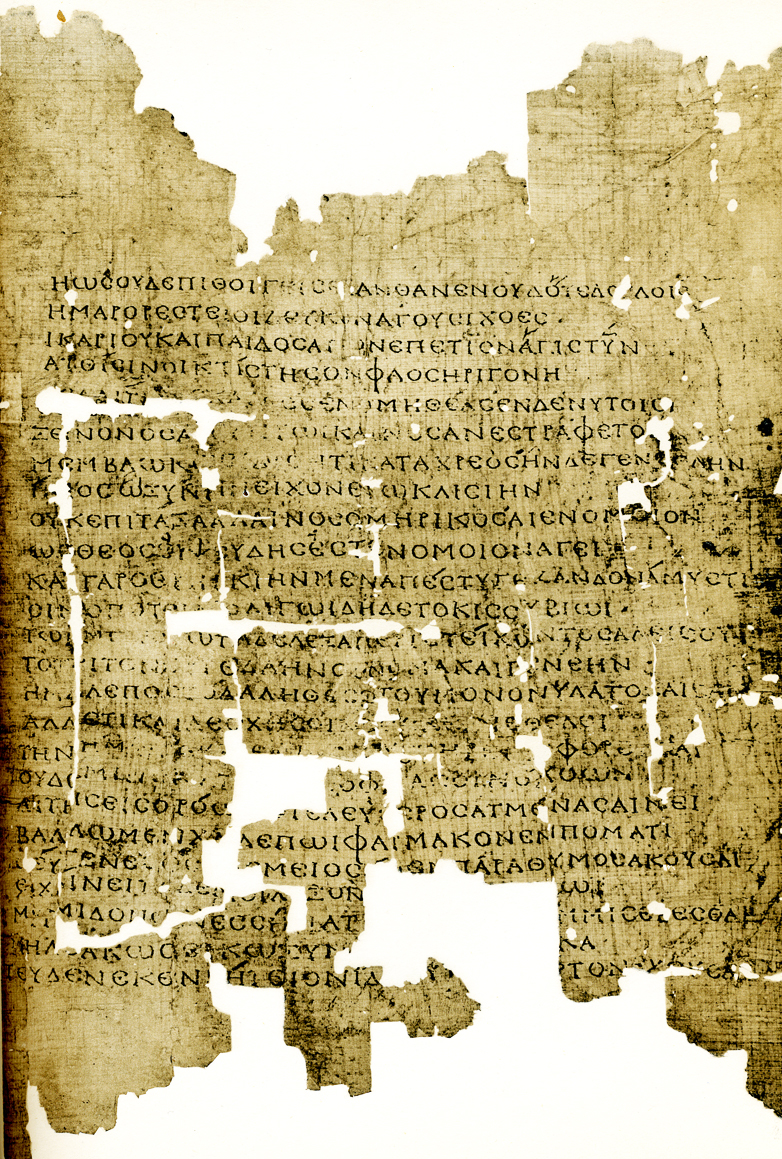A. W. Bulloch, in The Cambridge History of Classical Literature (1989), edited by P. E. Easterling and B. M. W. Knox, vol. 1, part 4, p. 9
Criticism
Famous Callimachus Quotes
Epigram 2, translation by William Johnson Cory in Ionica (1858) p. 7
Epigrams
Epigram 5; translation by Jonathan Swift, cited from Anthologia Polyglotta (1849), edited by Henry Wellesley, p. 47
Epigrams
“Nothing unattested do I sing.”
Fragment 612; translation by A. W. Bulloch, in P. E. Easterling and B. M. W. Knox, in The Cambridge History of Classical Literature (1989) vol. 1, part 4, p. 30
“Set a thief to catch a thief.”
Epigram 43; translation by Robert Allason Furness, from Poems of Callimachus (1931), p. 103
Epigrams
D. E. W. Wormell, in The Penguin Companion to Literature (1969) vol. 4, p. 47
Criticism
Epigram 14; translation from Select Epigrams from the Greek Anthology (1906), edited by J. W. Mackail, p. 171
Epigrams
“A big book is a big misfortune.”
Fragment 465; translation by A. W. Bulloch, in P. E. Easterling and B. M. W. Knox, in The Cambridge History of Classical Literature (1989) vol. 1, part 4, p. 30
Variant translation: A great book is like great evil.
“Here sleeps Saon, of Acanthus, son of Dicon, a holy sleep: say not that the good die.”
Epigram 10; translation from The Works of Hesiod, Callimachus and Theognis (1856), edited by J. Banks , p. 194
Epigrams
